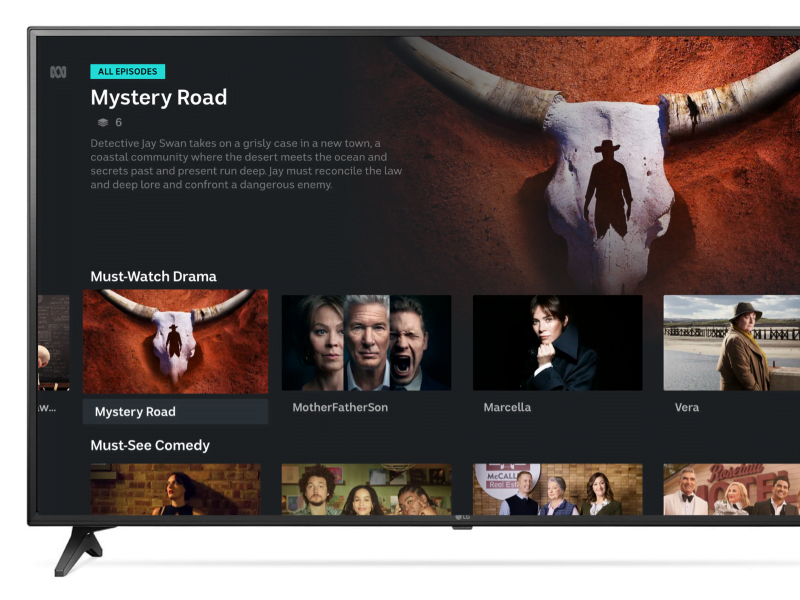The ABC has delayed the introduction of mandatory logins for its video streaming platform iview, amid concerns the requirement was unlawful and a risk to user privacy through the sharing of view data and personal information with third-party companies.
The national broadcaster had planned to require any user of iview to register for an account from this month, a step it said will improve the service with more features like “personalised” watch lists based on user data.
The requirement is common across commercial providers and in place on the SBS on demand service, but technology and privacy experts questioned its legality and appropriateness for a national broadcaster, urging ABC management to reconsider the decision.
This week the ABC quietly removed the reference to a July deadline from its support pages, changing the wording to “soon”.
The delay was confirmed by an ABC spokesperson, who said the broadcaster is working with the privacy watchdog and intends to introduce mandatory logins by the end of the year.
“We had initially intended to roll out mandatory log-ins across July and August but have decided to slow things down to ensure our audiences understand the benefits they will receive from creating an ABC account and the ways we manage and protect their personal information,” the spokesperson told InnovationAus.
“We are continuing to work with the Office of the Australian Information Commissioner to ensure we are industry leaders in terms of the use of personal data, in line with the trust that Australians place in the ABC.”
The iview platform is considered an Australian leader, having existed in some form since 2008, and always offered anonymous use. Work on a single login for ABC online services has been happening for several years and it was announced in May that registration and login would become a requirement for the iview service. The ABC is also considering making it mandatory for other digital services.
The move is part of a “personalisation” push by the broadcaster but has angered privacy advocates and technology experts who say asking users to actively opt out of data sharing may be illegal under Australian privacy laws and a genuine anonymous use option should also be offered.
ANU associate professor and Thinking Cybersecurity chief executive Vanessa Teague wrote to ABC management about the decision, urging them to reconsider and clarify in more detail how user data is and will be shared.
She welcomed the delay but told InnovationAus more information needs be provided on data sharing of both registered and unregistered users.
“The important question is whether they’re also pausing the data sharing, or merely doing the data sharing with Google, Facebook and [advertising technology company] Tealium anyway without a login,” she told InnovationAus.
The ABC has previously defended the switch, saying appropriate protections are in place, users can opt out of sharing data with third parties, and concerned users should use a pseudonym. But, as InnovationAus revealed, the third party data sharing opt out option does not yet exist.
Prof Teague said the national broadcaster had failed to properly answer why the login is not voluntary.
“[The ABC] also haven’t answered the question of why we need to be forced to do it [login] when we all ought to want it so much.”
Asked at Senate Estimates why anonymous logins would not also continue, ABC managing director David Anderson said it had become “standard practice” for media companies to require logins.
“It’s compulsory in that, we want people to keep coming back to it [iview]. So, we want to be able to provide these features that are positive to you as a user so that you see the value of signing in,” Mr Anderson said in May.
“At the moment, I’m not sure that you are going to come back as much as you would if you had the recommendations we would supply you.”
The ABC spokesperson said the public’s response to the switch to mandatory logins has been “overwhelmingly positive”.
“We have seen more than 1 million (1,014,983) new ABC accounts created from 29 March to 29 June, inclusive. Over that same period, we have received 180 complaints – ie. complaints represented 0.017 per cent of total sign-ups.”
Do you know more? Contact James Riley via Email.

